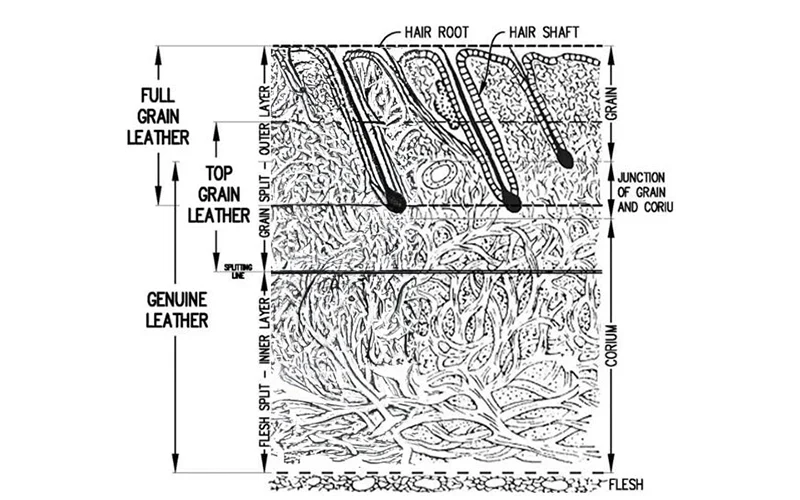Introduction
Leather has been a symbol of style, luxury, and durability for centuries. From timeless leather bags to elegant accessories, it's a material that has stood the test of time. But have you ever wondered how leather is made and tanned? In this blog post, we'll take you on a journey through the fascinating process of transforming raw animal hides into beautiful, supple leather. So, sit back, relax, and let's dive into the art and craft of leather production.
The Basics of Leather
Leather is made from animal hides, typically from cattle, sheep, goats, and pigs. Each animal's hide has unique characteristics, and these differences play a crucial role in the quality and appearance of the final product. The process of turning these hides into leather involves several steps, including tanning, which is the most critical and complex part of leather production.
Pre-Tanning Preparation
The process begins with the selection of high-quality hides. After the animals are slaughtered, the hides are carefully removed and salted to prevent them from spoiling. This preserves the hides until they are ready for tanning. During this time, the hair is usually removed through a process called "dehairing." How is leather made step by step, Is tanned leather real leather, What are the methods of tanning leather

Tanning: The Transformation
Tanning is the process of converting raw hides into leather by treating them with tannins. There are two main methods of tanning: vegetable tanning and chrome tanning.
-
Vegetable Tanning: This traditional method uses natural tannins found in plants, such as oak, chestnut, or hemlock. The hides are soaked in a bath of tannin-rich water, and over time, the tannins bind with the proteins in the hide, creating a chemical transformation. This method is known for producing firm and durable leather and is often used in crafting high-quality leather bags and accessories. How is leather made step by step, Is tanned leather real leather, What are the methods of tanning leather
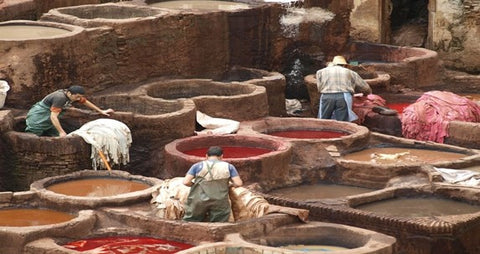
- Chrome Tanning: In contrast, chrome tanning uses chromium salts to tan the hides. This method is quicker and more cost-effective than vegetable tanning, resulting in softer, more supple leather. However, chrome tanned leather may not be as environmentally friendly as vegetable-tanned leather. How is leather made step by step, Is tanned leather real leather, What are the methods of tanning leather
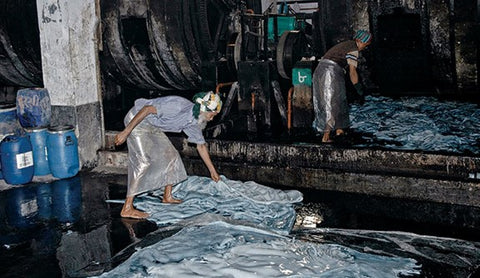
Post-Tanning Treatments
After tanning, the leather undergoes several processes to enhance its qualities. This includes stretching, dyeing, and conditioning. Dyeing allows for a wide range of colors and finishes, making leather versatile for various applications. How is leather made step by step, Is tanned leather real leather, What are the methods of tanning leather
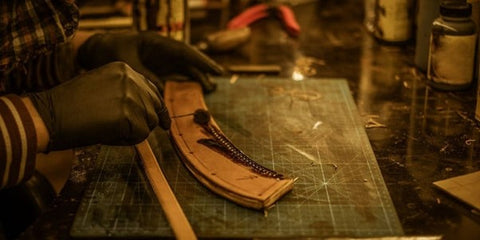
Finishing Touches
The final step in leather production is the application of finishing agents. These agents can include oils, waxes, and protective coatings, which add luster, softness, and resistance to water and stains. The finishing touches can vary depending on the desired characteristics of the leather. For example, full-grain leather retains its natural grain and is often minimally finished, while top-grain leather may be sanded and buffed to create a smoother surface. How is leather made step by step, Is tanned leather real leather, What are the methods of tanning leather
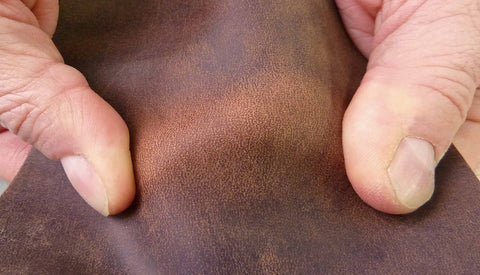
Types of Leather
Leather comes in various types, and each has its own unique characteristics. Here are a few common ones:
-
Full-Grain Leather: This is the highest quality leather, retaining the full texture and natural imperfections of the hide. It is known for its durability and patina development over time.
-
Top-Grain Leather: This leather is sanded to remove imperfections, resulting in a smoother surface. It is often used for more refined and polished leather goods.
-
Split Leather: This is the lower layer of the hide and is less durable and refined. It is commonly used in suede and some lower-cost leather products. How is leather made step by step, Is tanned leather real leather, What are the methods of tanning leather
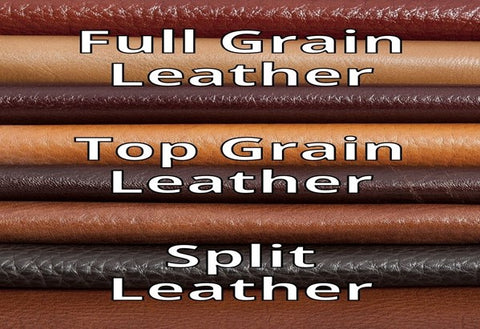
Conclusion
Understanding how leather is made and tanned adds a layer of appreciation to the leather goods we use and adore. The combination of craftsmanship and centuries-old techniques involved in leather production is a testament to the artistry and skill of leatherworkers. Whether you're a fan of leather bags, belts, wallets, or accessories, knowing the process behind the material makes you appreciate the beauty and functionality of these products even more.
Next time you purchase a leather product, take a moment to admire the journey it has been on, from a raw, rugged hide to a refined and elegant accessory. Leather truly is a remarkable material, one that has stood the test of time and will continue to do so for generations to come.






